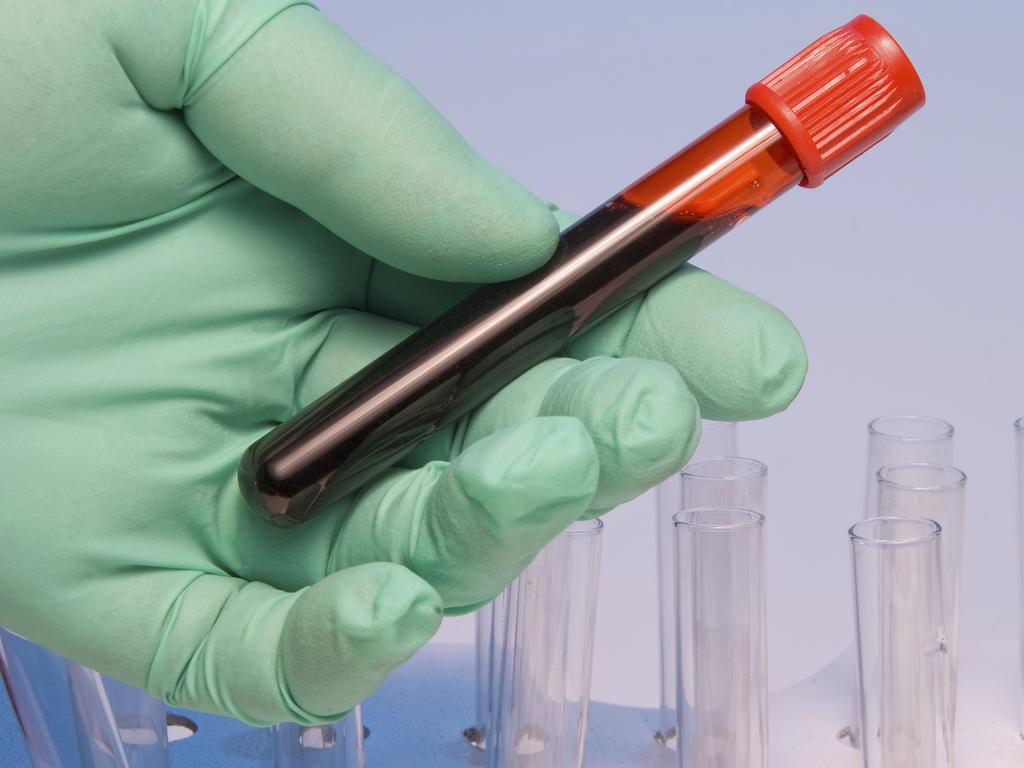‘New era’ as drug slows Alzheimer’s decline
Trial results of a new Alzheimer’s drug show it dramatically slowed decline.

A new Alzheimer’s drug is a defining moment for dementia treatment, experts have said, after trial results showed it dramatically slowed decline by up to 60 per cent.
Donanemab offered some people at least a year of extra time without their disease progressing, in what researchers said was a potential turning point in the fight against Alzheimer’s.
The drug attacks and destroys build-ups of a protein called amyloid in the brains of patients with the disease. The results pave the way for Alzheimer’s to one day become a treatable long-term condition akin to diabetes or asthma, charities said.
Donanemab’s manufacturer, Eli Lilly and Company, published the final results of the trial, known as Trailblazer Alz-2, at an Alzheimer’s conference yesterday and simultaneously in the Journal of the American Medical Association.
About 1700 patients were given either donanemab or a placebo as an intravenous infusion every four weeks, for 18 months. By the end of the trial the drug appeared to have slowed clinical decline by 35 per cent in people with early Alzheimer’s whose brain scans showed low or medium levels of a protein called tau, when compared with those given a placebo.
Levels of tau are a marker of how far the disease has progressed, and so those patients were experiencing earlier developments of the disease. When the results were combined to include people who had higher levels of that protein, there was a 22 per cent slowing in disease progression. And in another subgroup – those with a very early stage of the disease, known as mild cognitive impairment, the decline was 60 per cent slower. Results were also better among under-75s compared with over-75s.
“People living with early, symptomatic Alzheimer’s disease are still working, enjoying trips, sharing quality time with family – they want to feel like themselves, for longer,” said Dr Mark Mintun, group vice-president of neuroscience research and development at Lilly and president of Avid Radiopharmaceuticals, who presented the results.
“The results of this study reinforce the importance of diagnosing and treating disease sooner than we do today.”
Some patients were taken off the drug and put on to the placebo once brain scans showed there was no longer any amyloid in their brains to target. On average they had received the drug for 47 weeks.
They continued to show better progress than those who had started on the dummy drug – a finding that could have significant implications for NHS approval, with costs lower if patients do not need to take the drug for the rest of their lives.
The gap in disease progression between those given donanemab and those given a placebo was widest at the end of the trial.
The drug does appear to have serious side effects, with a number of patients suffering brain swelling and three treatment-related deaths in the donanemab group. There was one such death in the placebo group.
Experts also pointed out that trial participants did not have other underlying health problems, which is atypical for real-world dementia patients.
Reaction has, however, been broadly positive. The announcement, at the Alzheimer’s Association International Conference in Amsterdam, follows similar results for another drug, lecanemab, which was recently approved by US regulators.
Alzheimer’s Research UK said that “we’re entering a new era where Alzheimer’s disease could become treatable”.
Dr Richard Oakley, associate director of research and innovation at Alzheimer’s Society, said: “Dementia is the biggest killer in the UK and over 60 per cent of people living with dementia are thought to have Alzheimer’s disease. This is truly a turning point in the fight against Alzheimer’s and science is proving that it is possible to slow down the disease.
“Treatments like donanemab are the first steps towards a future where Alzheimer’s disease could be considered a long-term condition alongside diabetes or asthma. People may have to live with it, but they could have treatments that allow them to effectively manage their symptoms and continue to live fulfilled lives.”
Dr Maria Carrillo, Alzheimer’s Association chief science officer, said the results should end a long-running dispute among researchers.
“We used to even just a short year ago still argue about the fact that amyloid and perhaps tau were not connected, and that amyloid might not have anything to do with this disease,” she said. “And today we are seeing evidence upon evidence that that is not the case, in that they are very closely linked. And in fact, removing one does impact the other and improves outcomes for people. So that is really a big message for the field.”
She added: “These benefits are real and meaningful, giving people more time to participate in daily life, remain independent and make future health care decisions.”
The Times







To join the conversation, please log in. Don't have an account? Register
Join the conversation, you are commenting as Logout